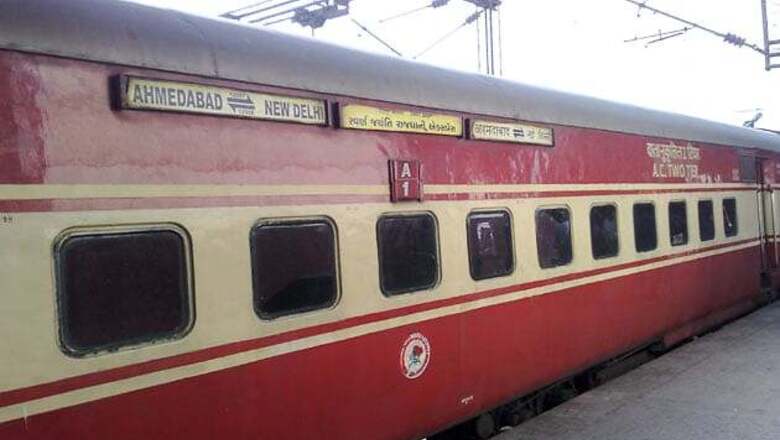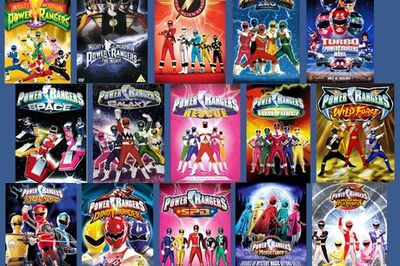
views
Even as the Narendra Modi government gets ready to present its maiden Railway Budget, experts have called for a radical overhaul of the entire system to ensure that India gets a modern and world class transport system. While there have been a lot of talks about introducing high speed and even bullet trains on certain sections, many experts are of the opinion that under the present system no major radical change can take place unless railways is run like a corporate.
One of the most radical suggestions to improve the state of railways is to scrap the ministry and run it through a professionally managed board. Experts point towards China which dissolved its railways ministry in 2013 at boost efficiency and end corruption in the system.
Now the construction and the management of railway services come under a professionally run China Railway Corp and safety and regulation are under the transport ministry.
India, too, should follow the Chinese example and have more public-private partnerships, higher budgetary allocation, upgradation in investments, wagon modernisation, expansion in rail network, improve safety and more passenger amenities for a railways that can be looked upon.
According to experts, the first big challenge for the railways is to ensure that a constant increase in freight fares does not take the loads off tracks. "Freights are becoming expensive. There has to be a balance between freight and passenger fares and get dedicated freight corridor in place soon," former Railway Board chairman JP Batra said.
There is also a collective voice that railways must control staff strength based on activity costs and needs and decentralise managerial control to railway zones and divisions. Experts also feel that there is a need to allocate budget for adequate asset renewal for safety needs. "There is a need to review the role of railway board, it's archaic," former Railway Board additional member Sumant Chak said.
With two major accidents within a month of the new government taking over, safety continues to be a major grey area. Passenger safety is caught between clash of technology, clash of interests and political lethargy.
Systems like anti-collision devices are also in a limbo. Railway has spent Rs 50 crores to develop anti-collision devices since 2006. In December 2013, the former railway ministry told Parliament that a new improved software version had been developed by Konkan Railway which was under evaluation.
Another stalled project is a new train signalling system Train Protection Warning System (TPWS). The trial for the TPWS was completed in 2009 after three years of tests but in December 2013, railway minister told Parliament that trials for the system are in progress.
Experts also call for implementation of recommendations by several committees which have suggested radical overhaul of the system. The Sam Pitroda Committee has suggested creating a cleanliness department like municipal bodies, an, on-board house keeping services, set up mechanised laundries, pest and rodent control inside coaches which can go a long way in improving the impression of the system.




















Comments
0 comment